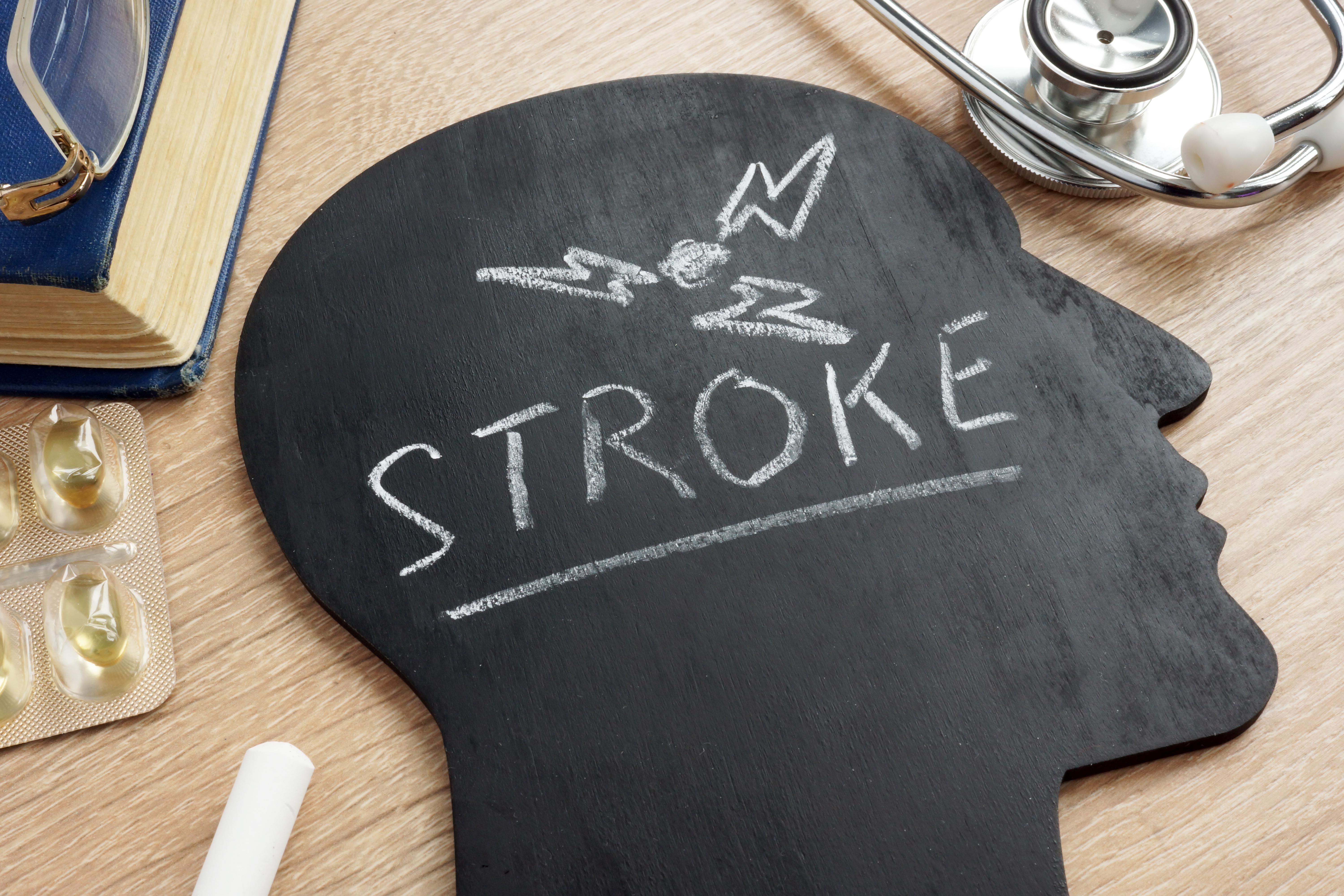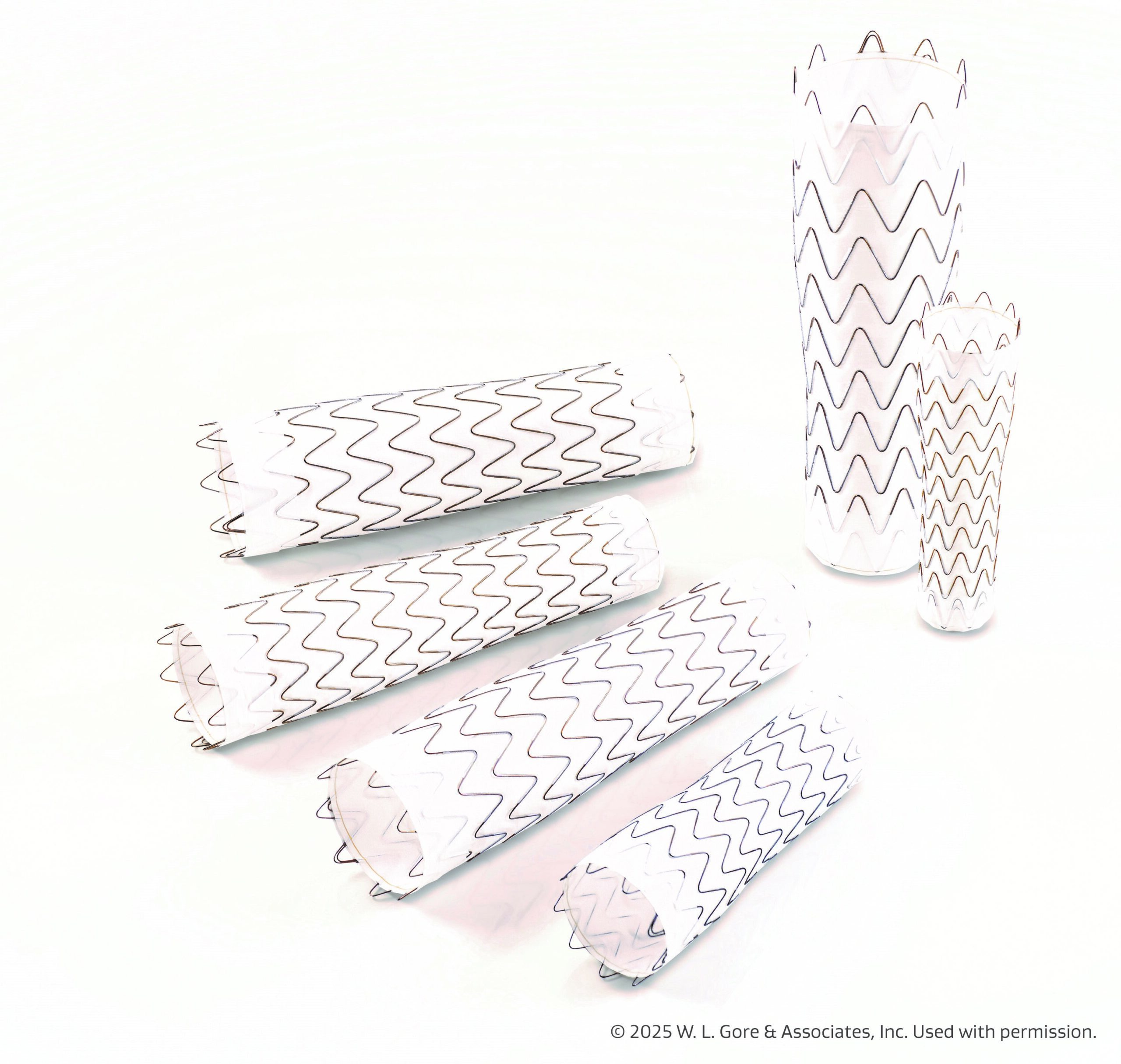
The occurrence of covert or ‘silent’ strokes after surgery is more common than thought, results from a new study published in The Lancet suggest.
“Over the last century, surgery has greatly improved the health and the quality of life of patients around the world,” Dr. Marko Mrkobrada, an associate professor of medicine at University of Western Ontario and co-lead author for the study, said in a press release. “Surgeons are now able to operate on older and sicker patients thanks to improvements in surgical and anesthetic techniques. Despite the benefits of surgery, we also need to understand the risks.”
Researchers for the NeuroVISION study recruited 1,114 participants in the study, 78 if whom had a perioperative covert stroke. Participants were aged 65 years and older, and all participants underwent elective noncardiac surgery, followed by a brain MRI. The authors used multivariable regression analysis to highlight the relationship between cover stroke and the primary study outcome of cognitive decline (defined as a decrease of two or more points on the Montreal Cognitive Assessment from baseline to one-year follow-up).
After one year of follow-up, the researchers reported cognitive decline one year after surgery in 42% (29 of 69) participants who had a perioperative stroke, and also in 29% (274 of 932) participants who did not have a perioperative covert stroke (adjusted OR=1.98; 95% CI, 1.22 to 3.20; P=0.0055). They also reported that covert strokes were linked with an increased risk for perioperative delirium (P=0.030) and over stroke or transient ischemic attack (P=0.019).
“The NeuroVISION Study provides important insights into the development of vascular brain injury after surgery, and adds to the mounting evidence of the importance of vascular health on cognitive decline,” Dr. Brian Rowe, scientific director of the Institute of Circulatory and Respiratory Health, Canadian Institutes of Health Research (CIHR), said of the results in a press release. “The results of NeuroVISION are important and represent a meaningful discovery that will facilitate tackling the issue of cognitive decline after surgery.”
https://twitter.com/AmyFogelmanMD/status/1162838929109868545
Another interesting article on surgical #complications we don't see. Some people will have #stroke without visible symptoms after surgery for non-heart issues, which seems to be associated somehow with developing #dementia later on in life. https://t.co/1DenhvLows
— Dr Magda Podcast (@drmagdapodcasts) August 18, 2019
7 % incidence of covert stroke after non-cardiac surgery…a quite frightening statistic.
I wonder what the implications are for those elderly patients that have multiple repeat anaesthetics? (thinking the urology TURBT/cystoscopies) https://t.co/qypQhQDGyk
— Ian Baxter (@Dr_IanBaxter) August 18, 2019







 © 2025 Mashup Media, LLC, a Formedics Property. All Rights Reserved.
© 2025 Mashup Media, LLC, a Formedics Property. All Rights Reserved.